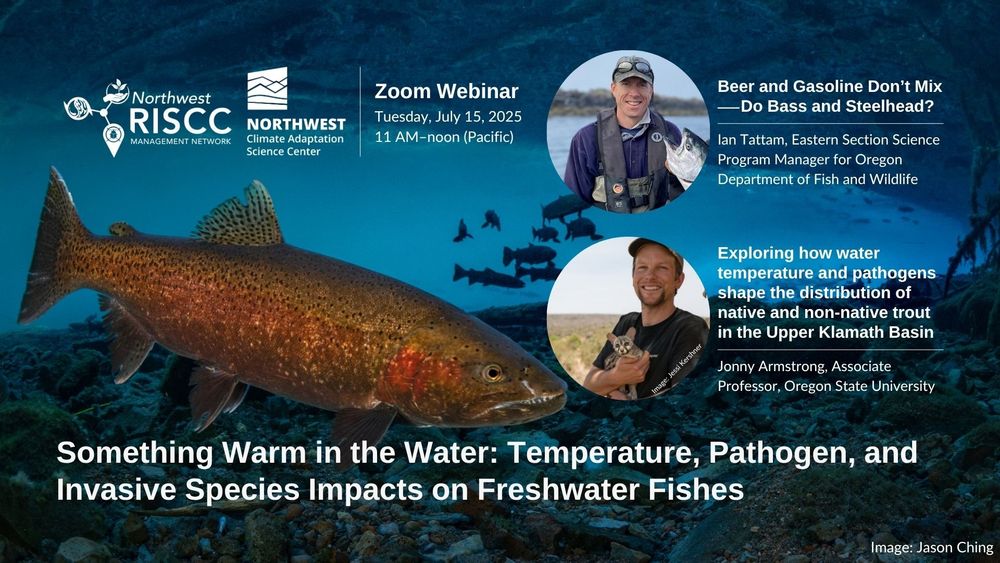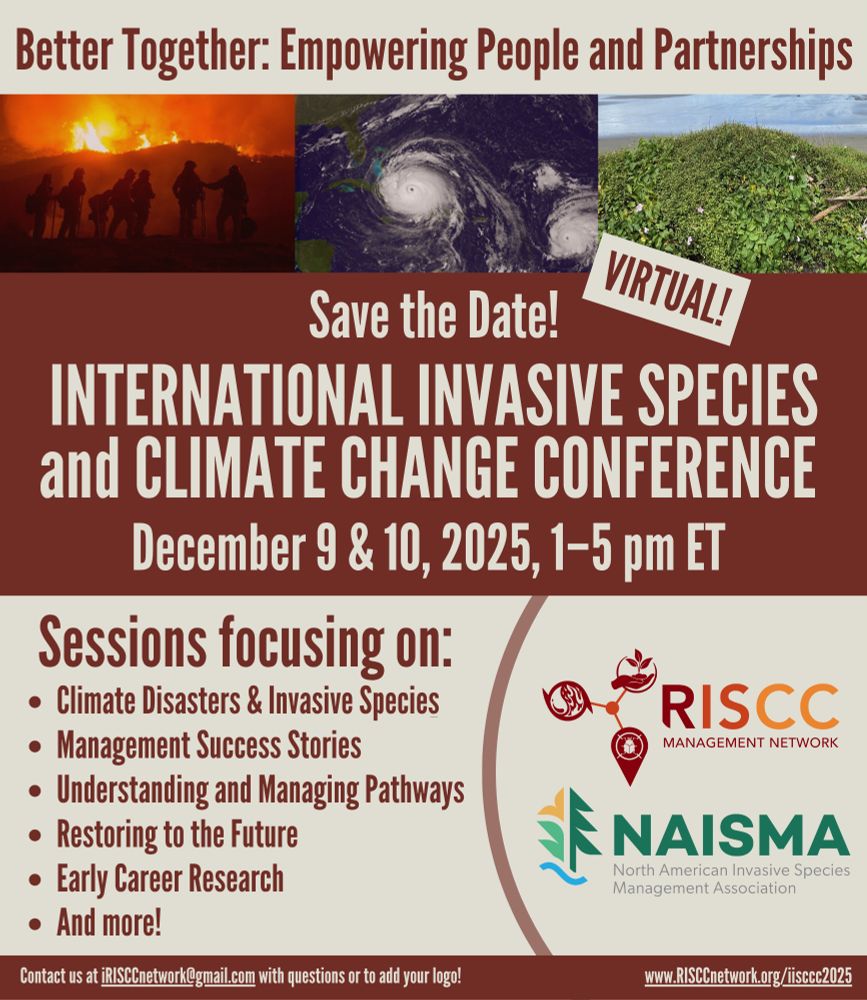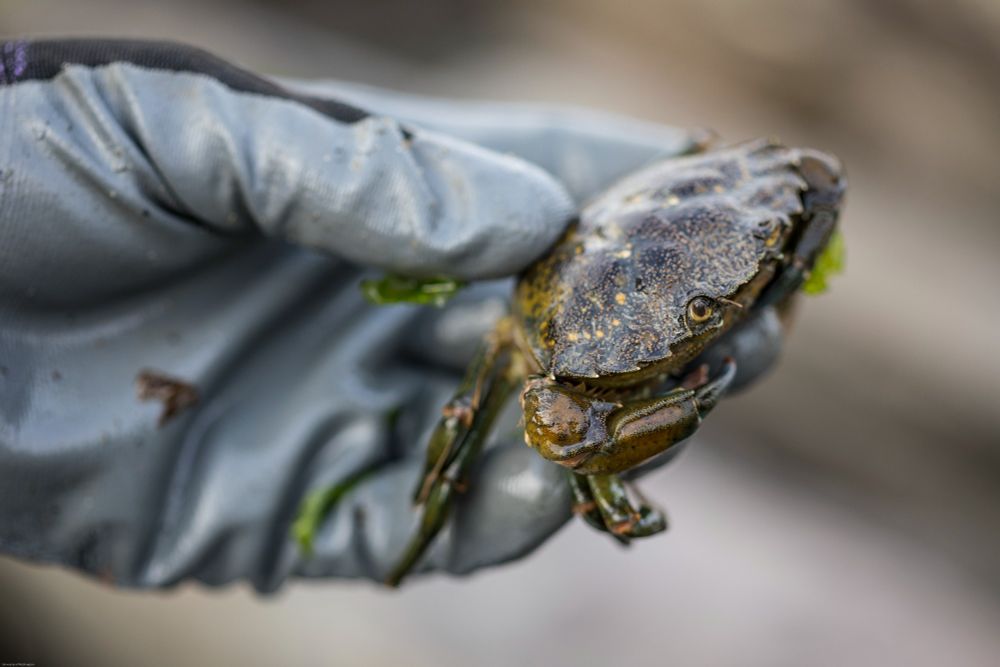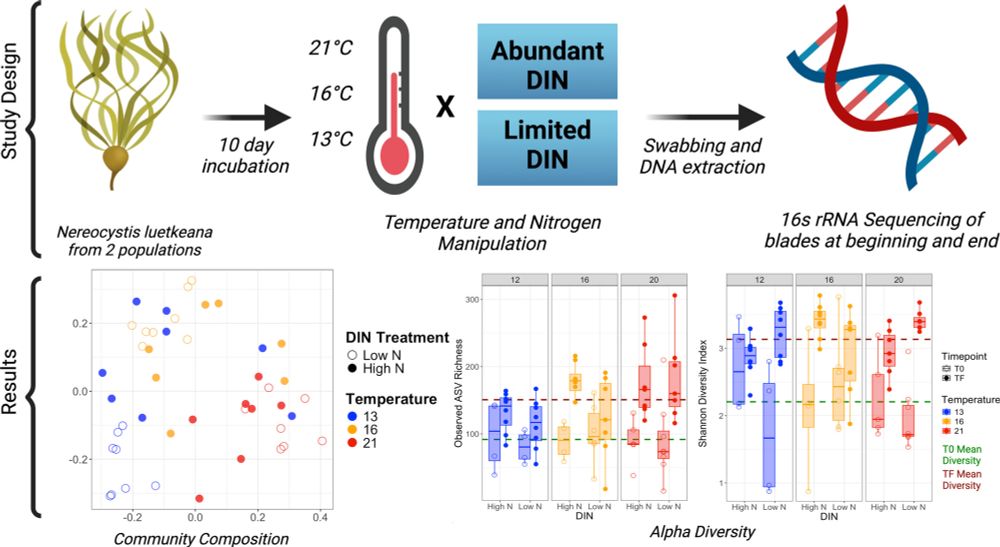Northwest Climate Adaptation Science Center
@nwcasc.bsky.social
9.1K followers
35 following
24 posts
Federal-consortium partnership teaming scientists with natural & cultural resource managers to deliver science that helps fish, wildlife, water, land & people in the NW adapt to climate change. Home of @nwriscc.bsky.social. Hosted by @cig-uw.bsky.social.
Posts
Media
Videos
Starter Packs
Reposted by Northwest Climate Adaptation Science Center
Climate Impacts Group
@cig-uw.bsky.social
· Jun 17
Reposted by Northwest Climate Adaptation Science Center
Reposted by Northwest Climate Adaptation Science Center
Reposted by Northwest Climate Adaptation Science Center
Meade Krosby
@meadekrosby.bsky.social
· Apr 29
Reposted by Northwest Climate Adaptation Science Center
Reposted by Northwest Climate Adaptation Science Center
Reposted by Northwest Climate Adaptation Science Center
Climate Impacts Group
@cig-uw.bsky.social
· Apr 23

CIG Update: Federal Funding Uncertainty & Potential Program Impacts | Climate Impacts Group
Dear supporters of the University of Washington Climate Impacts Group, We appreciate the role each of you has played in our collective efforts to help make communities, Washington state, and the Pacif...
cig.uw.edu
Reposted by Northwest Climate Adaptation Science Center
Meade Krosby
@meadekrosby.bsky.social
· Apr 21

CIG Update: Federal Funding Uncertainty & Potential Program Impacts | Climate Impacts Group
Dear supporters of the University of Washington Climate Impacts Group, We appreciate the role each of you has played in our collective efforts to help make communities, Washington state, and the Pacif...
cig.uw.edu


















